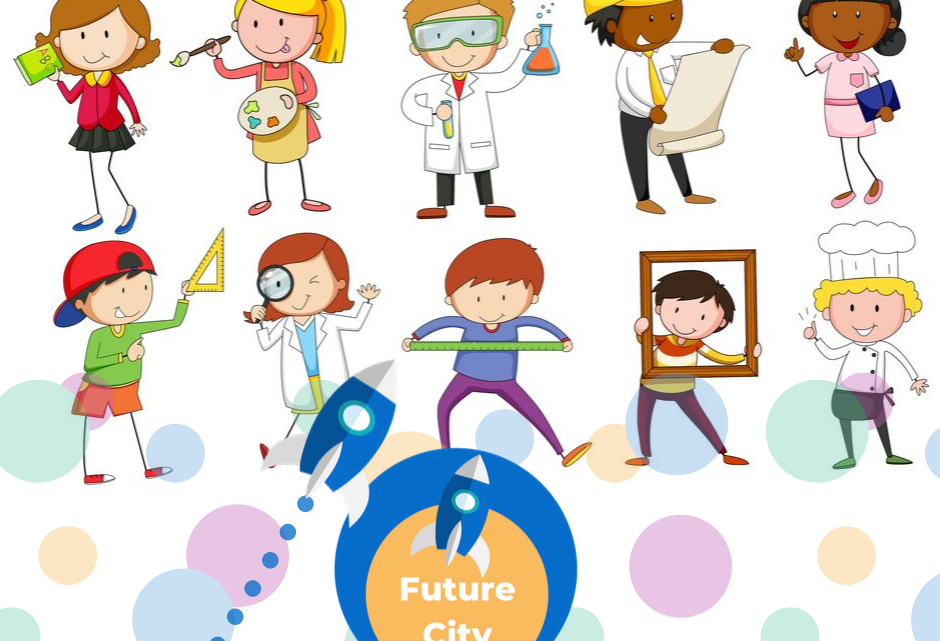Work preparedness is another key component of Finnish education. Schools in Finland supplement their theoretical modules with opportunities for their students to gain work experience. The Junior Achievement (JA) Job Shadow Program in Finland, called ‘Leader for a day’, is an example of a unique opportunity for students to learn by shadowing a company leader for a day. By spending the day with a prominent industry leader, students gain insights into the intricacies of work life, finance management, decision making etc.
The companies, which take on the students, also benefit from understanding how young people approach working life. Such programs help integrate the school into the local business environment while improving the work readiness of students. The JA programme has had significant impact on job creation and financial literacy in Finland. It has also helped decrease the dependence on Government for employment. [2]
In a developing country like India, where unemployment remains a grave problem, a learning module along similar lines would be a major boost to improve the work readiness of Indian students. With very few educational institutions in India focussing on preparing students for the formal job market, the younger generation remains crippled at the face of the competitive world.
It is in this context that VentureVillage has introduced the FutureCity program in India. With its focus on core concepts like Banking, Taxes, Role of Government etc.
FutureCity teaches students about the working of an economy and helps them understand the circular flow of money. Furthermore, FutureCity’s focus on entrepreneurship helps students understand why new
businesses spring up and sheds light on the basic processes involved in.
[1] Morten Soby, ‘Finnish Education System’, Nordic Journal of Digital Literacy, 2015.
[2] School Education Gateway, ‘Entrepreneurship Education in Finland.’

